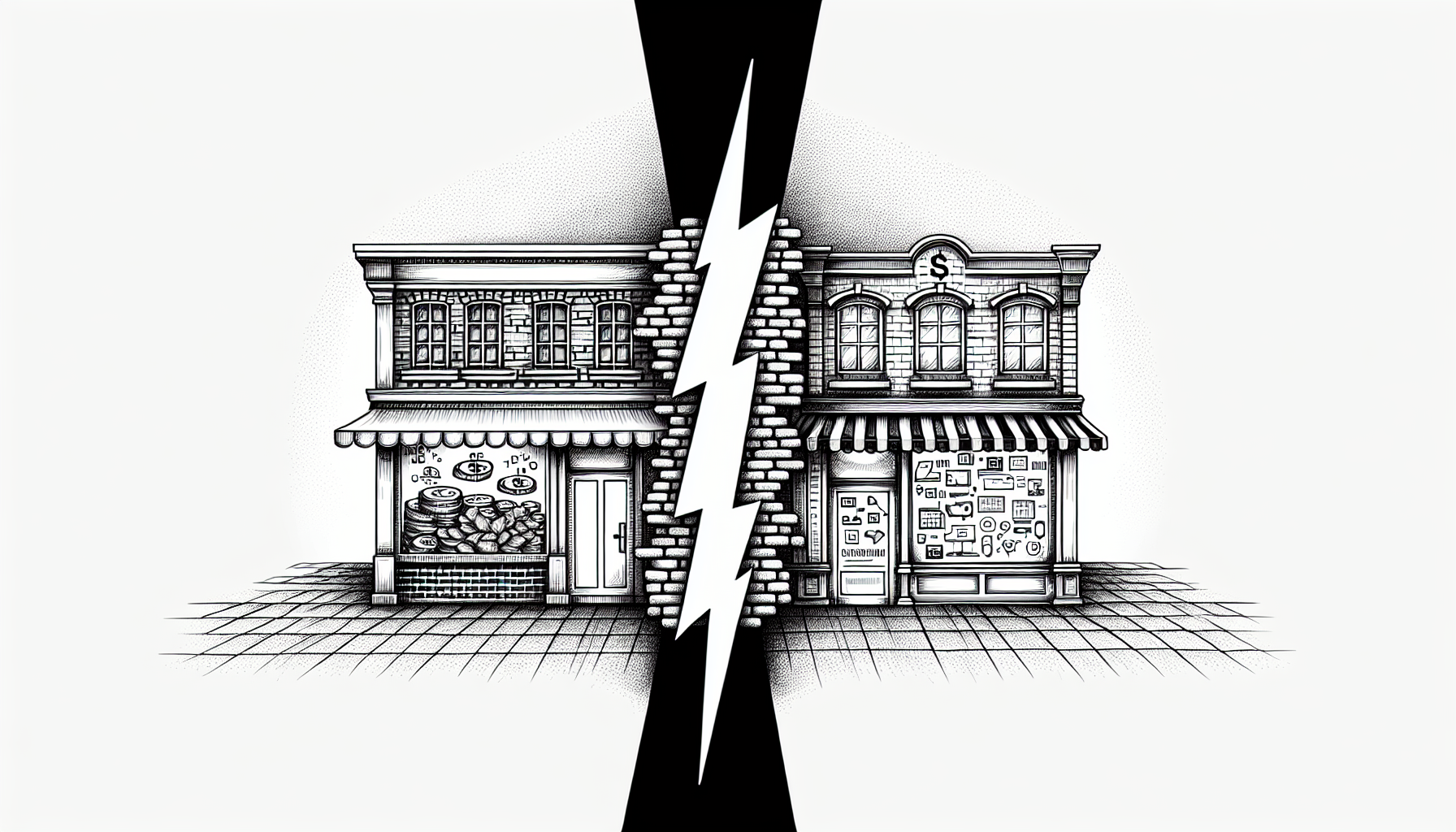This is not without reason; the concept has the potential to revolutionize sectors, redefine consumer behavior, and reshape economic landscapes.
Often driven by technological advances, market disruption is a phenomenon that businesses cannot afford to ignore if they seek sustained relevance and growth.
In essence, market disruption happens when a new entity introduces innovations that significantly alter the way an industry operates. This fresh approach gains traction, challenging the status quo and often leaving established firms struggling to keep pace.
The key to understanding this concept lies in recognising its primary catalyst: innovation. Innovators, often startups armed with novel ideas and a disruptive mindset, are redefining age-old industry practices. By embracing cutting-edge technologies, these firms are challenging traditional business models, bringing about disruptions that are changing the face of markets globally.
Today, we see the hallmark of market disruption across numerous industries. It’s apparent in how ride-hailing platforms have revolutionized urban mobility, or how online streaming services have reshaped the entertainment landscape. These instances highlight the transformative power of disruption and its capacity to provide consumers with more efficient, cost-effective solutions.
However, market disruption is not a one-size-fits-all phenomenon. It occurs in different forms and at different scales.
In some cases, it’s a subtle shift in business models; in others, it’s a complete overhaul of industry dynamics.
Regardless of its form, though, market disruption invariably leads to a shift in consumer behaviour, necessitating businesses to adapt and evolve.
So, how can companies prepare for, and potentially capitalize on, market disruption? The keyword here is agility. In the face of disruption, businesses must be willing to pivot, adapt, and embrace change. This requires fostering an innovative culture, where new ideas are encouraged, and experimentation is the norm.
Simultaneously, companies must keep a keen eye on industry trends, technological advancements, and evolving consumer preferences.
By staying ahead of these factors, businesses can anticipate potential disruptions and respond proactively, rather than reactively.
Furthermore, strategic collaborations can also play a crucial role in managing market disruption. By forming alliances with disruptors, traditional firms can gain firsthand insights into disruptive technologies or business models, thereby staying ahead in the innovation game.
While market disruption can seem intimidating, it presents an invaluable opportunity for growth and transformation. It pushes businesses to break free from conventional methodologies and explore uncharted territories.
Indeed, market disruption serves as a catalyst for innovation, prompting companies to reimagine what’s possible.
In today’s fast-paced business landscape, disruption is not a distant possibility, but a present reality. It’s a wave that’s reshaping industries, altering consumer behavior, and redefining the future of business. Therefore, it is essential for businesses to not just brace for this wave, but to ride it effectively, transforming disruption into opportunity. To thrive amidst market disruption, businesses must embrace change, foster innovation, and above all, remain customer-centric. After all, in the face of disruption, the companies that will truly stand out are those that continually meet and exceed customer expectations, while adapting to the ever-evolving market dynamics.
